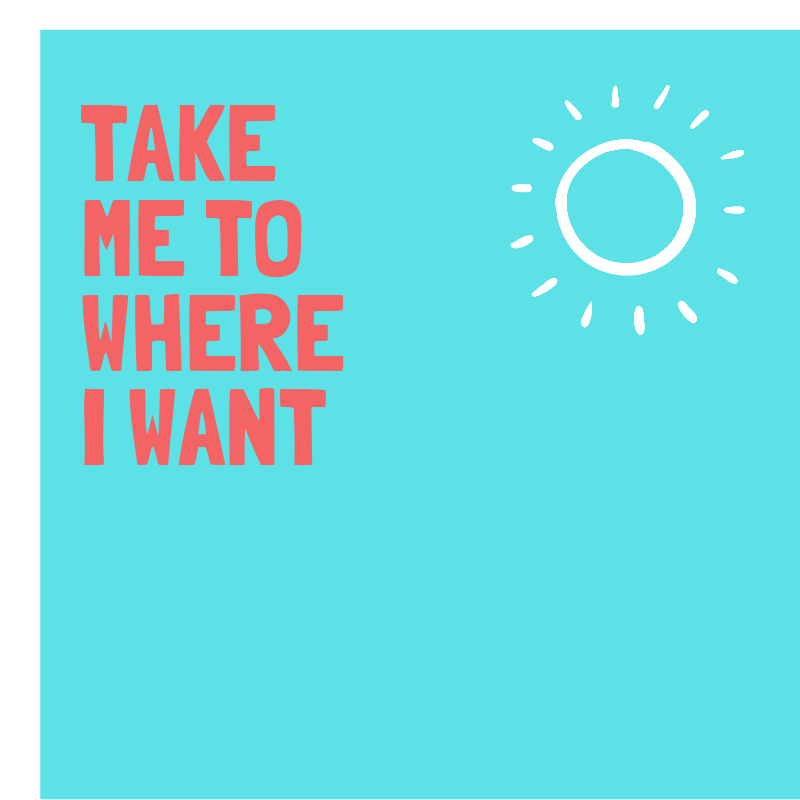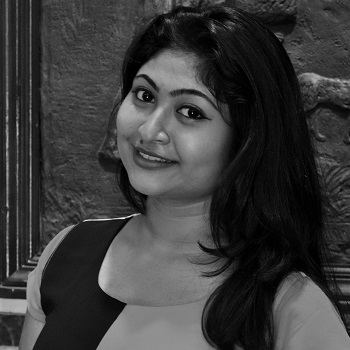
We need to go to an unknown location or that exam centre, we never knew it exists. Just turn on the location and take help of GPS, exploring the maps flashed on the screen and straight to our destination. Oh, I found the location without anyone’s help!
Wait… Have you ever imagined, waking up to a world where there are no phones, no internet, no cars on the road or machines to cook?
It indeed would be difficult to exist in such a world. Isn’t it?
Today, technology has become a part of our life. We depend on technology at every waking moment. Even when we are asleep, various technologies keep working for us.
Our dependence on technology keeps growing. However, it has been reported that spending more than 7 hours a day attached to tablets, smart phones, computers and other such “robots” affects the brain. “Digital Dementia” a term coined by German Neuroscientist Manfred Spitzer, is used to describe how overuse of digital technology is breaking down the cognitive abilities, which is seen more commonly in people who has suffered psychiatric illness or brain injury.
Don’t you think rather taking help of GPS every time, we should have explored the routes, the shops around, ask people about our destination? Rather writing a review describing the place, we should tell people how the place is. There are already a good number of young people who have no idea to navigate on their own through the city streets without using GPS.
However, there are lots of technologies that can improve our cognitive skills. One should harness them for improving efficiency of work, expand reach, network and to save time.
Well, do you know where GPS or Global Positioning System was first used for?
This technology used to be a military secret which was applied to covert operations. Commercial planes, recreational sports that require location and other positioning applications take advantage of GPS. Portable GPS systems used to be a separate device and a bit expensive, now smart phones and cars have inbuilt GPS.
Using of certain technologies has become vital today. So, we all have to find a balance of how we integrate technology in our lives.
Article by Moumita Mazumdar

A microbiologist who loves to learn new stuff. Sciteum’s go-to-girl, who not only give suggestions but also fixes the things up. 6 or 60 she communicates in style with all age groups.
